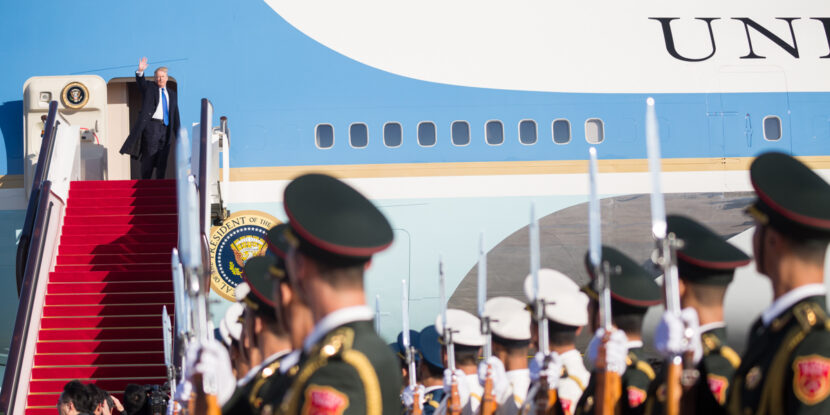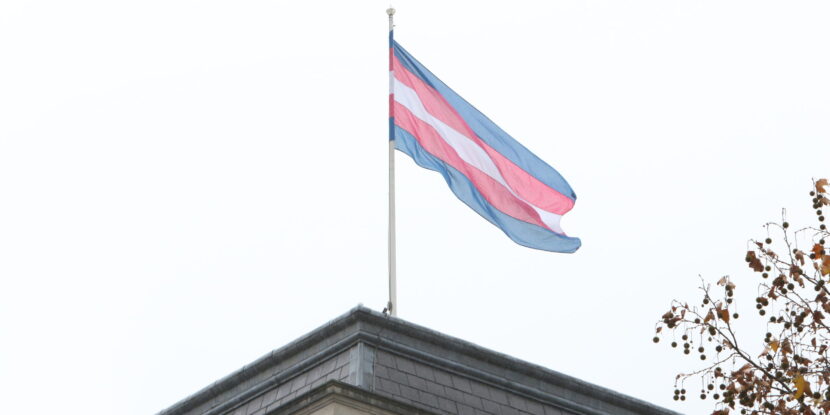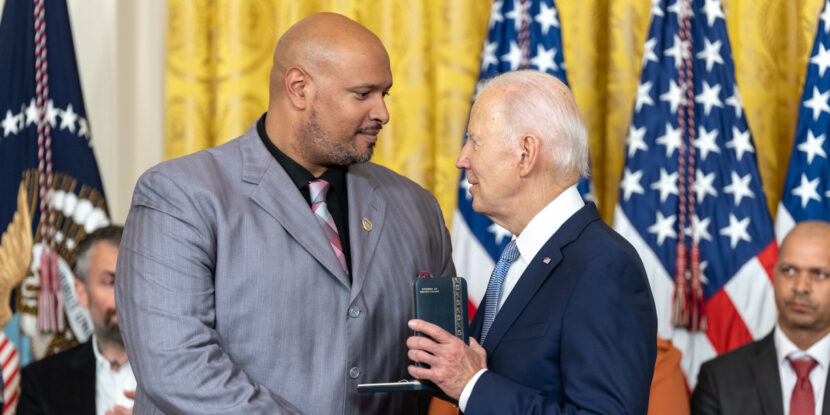PULSE POINTS:
❓What Happened: New survey data reveals that an increasing number of Americans are concerned that individuals of Chinese heritage and origin could threaten the country’s national security. Additionally, the survey found that 40 percent of respondents believe Asian Americans are more loyal to their countries of origin than the United States.
👥 Who’s Involved: The survey was conducted by The Asian American Foundation (TAAF), led by CEO Norman Chen, as part of its fifth annual Social Tracking of Asian Americans in the U.S. (STAATUS) Index.
📍 Where & When: The survey analyzed responses from an online panel of nearly 5,000 individuals aged 16 and older between January 22 and February 25, 2025.
💬 Key Quote: “In 2021, we launched the STAATUS Index to explore how Asian Americans were being scapegoated, invisibilized, and viewed through the lens of toxic stereotypes during the pandemic,” TAAF CEO Norman Chen stated, contending: “Five years later, the data shows there is a growing perception that Asian Americans are more loyal to their countries of origin than to the U.S.—a reflection of the rising belief in the ‘perpetual foreigner’ stereotype.”
⚠️ Impact: The shifting view toward Asian Americans—especially those of Chinese origin—comes amid increasing tensions between Chinese Communist Party (CCP) leader Xi Jinping and U.S. President Donald J. Trump over the latter’s imposition of a 145 percent tariff rate on Chinese imports.
IN FULL:
The Asian American Foundation (TAAF)’s fifth annual Social Tracking of Asian Americans in the U.S. (STAATUS) Index survey has found that an increasing number of Americans at large view Asian Americans with suspicion and question their loyalty to the United States. According to the survey, 40 percent of respondents said they see Asian Americans as being more loyal to their country of origin than the U.S., while 25 percent said they’re concerned that Chinese Americans are a threat to national security.
Norman Chen, the CEO of TAAF, said the organization launched the STAATUS survey in 2021 “to explore how Asian Americans were being scapegoated, invisibilized, and viewed through the lens of toxic stereotypes during the pandemic,” with the data five years later confirming his fears. “Five years later, the data shows there is a growing perception that Asian Americans are more loyal to their countries of origin than to the U.S.—a reflection of the rising belief in the ‘perpetual foreigner’ stereotype,” Chen claimed.
During the COVID-19 pandemic, the Asian American community claimed they saw an increase in ethnically motivated violence stemming from people blaming them for the global health crisis. Pew Research data from 2021 found that one-third of Asian Americans feared that they could be the victim of a targeted attack because of their ethnicity.
Even though the pandemic ended several years ago, continued concerns about individuals of Asian heritage, especially those hailing from China, are likely being fueled by the Chinese Communist Party’s (CCP) increasingly hostile actions toward the United States. Notably, the U.S. Congress and the American intelligence community both claim that CCP-backed espionage operations targeting the U.S. were significantly expanded in 2024.
Meanwhile, tensions between the United States and the Chinese Communist regime are at an all-time high. President Donald J. Trump has implemented a 145 percent tariff rate on most Chinese imports in response to the Asian nation’s restrictive measures against American imports and continued manipulation of its currency to make its exports more attractive to consumers abroad, at the expense of American producers.



















